The Japanese language has a long history that is much older than English. In light of this, there are many words and phrases they have that simply don’t exist or can translate easily into English. The words and phrases below are only 25 of these jargon gems to consider.
Before diving in, understand that many Japanese words directly link to the natural world. This is because most Japanese have a deep respect for nature and the earth.
Therefore, they use poetic words to encapsulate the essence of nature while simultaneously expressing a person’s love for it.

1. Boketto (ぼけっと)
Boketto describes when someone daydreams and stares or gazes blankly into the distance.
They don’t appear to be looking at anything specific and, indeed, look like they’re spending time in their minds. But it accompanies a sentiment that’s akin to unproductiveness or laziness.
2. Ganbatte (頑張って)
When wishing loved ones and friends “good luck” in Japanese, you say Ganbatte. You can define this verb either as “to try one’s hardest” or “to do one’s best.” But, you could think of it as a well-wishing similar to “you can do this.”
However, it comes with the added support of telling someone that luck will be with them if they try their hardest. It’s a galvanizing sentiment of encouragement and support.
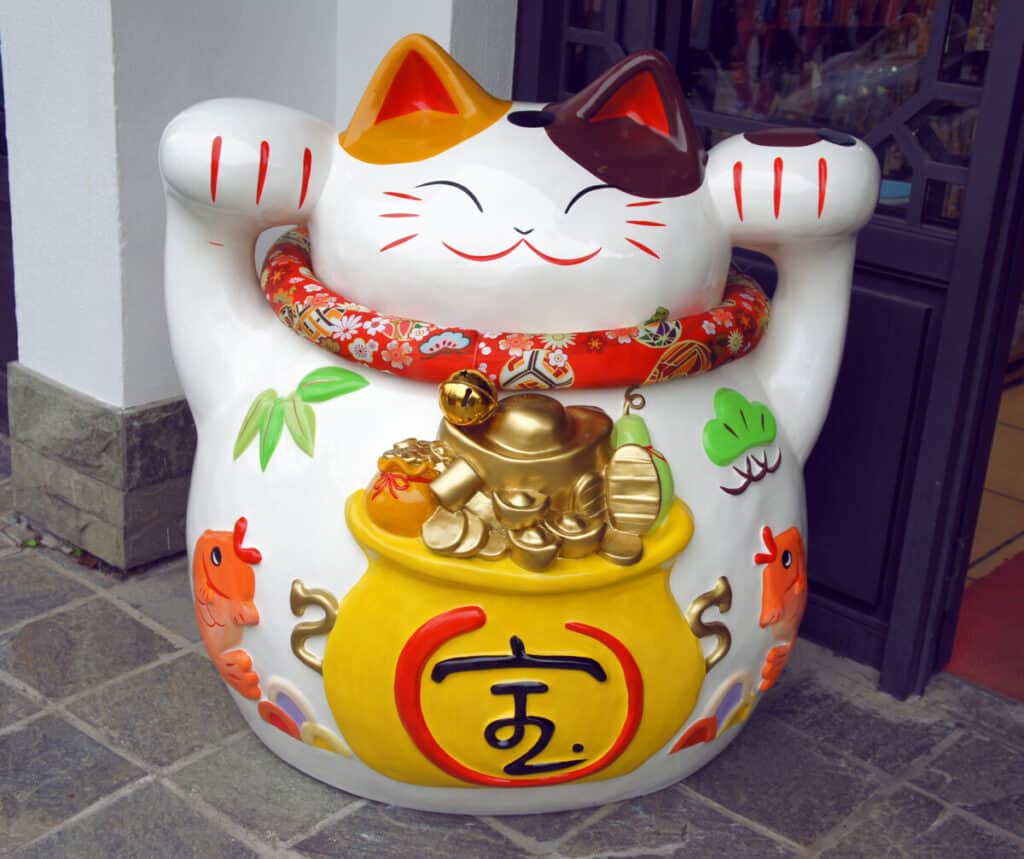
3. Gensōteki (幻想的)
Gensōteki translates to something like “fantastic.” But there’s an underlying sentiment of magic, mystery, and wonder with a gentle, kind, and almost eerie beauty.
For instance, Gensōteki can describe the snow candles around hot springs in wintertime.
4. Honne to Tatemae (本音と建前)
Honne to tatemae is a compound word. Honne (本音) is thoughts from the heart; one’s true feelings, opinions, and desires. Tatemae (建前) are public actions and behaviors done in such a way as to align with social expectations.
When you put them together, they refer to the one’s public façade. Meaning, there’s a social mask and private reality.
These inner sentiments stay revealed if they don’t conform to social norms. To the Japanese, this is a sign of courtesy and respect; displaying basic common decency.
5. Ikigai (生きがい)
When people talk about their reasons for living, they are talking about their Ikigai, which means “motivation to live.” This is a compound verb blending ikiru (to live) with gai (to desire to act).
So, this would be something akin to someone’s life calling, be it a career, religion, marriage, or another such life-changing pursuit.
6. Itadakimasu (いただきます)
In the Western world, Christians say “Grace” prior to each meal. This is in an effort to give thanks for the food, its source, its preparation, and the ability to acquire it.
In Japan, Itadakimasu is the same thing, but it translates to “I humbly receive.” They are showing an almost spiritual appreciation for the ingredients and to the chef.
7. Kawaii (かわいい)
English is limiting in terms of the word “cute.” Kawaii also means “cute” that describes an object of indescribable adorableness, such as a flower or baby.
But Kawaii connotes something pure, innocent, vulnerable, and harmless with the sentiment of an inability for the thing to protect itself.

8. Kogarashi (木枯らし)
Kogarashi is a cold wind that initiates the start of winter instilling incitement for the coming season.
English doesn’t really have anything like it. We could say, “winter’s coming,” “old man winter is blowing in,” “bone-chilling wind,” or “I can feel winter in the air.” But, these don’t quite mean the same thing.
9. Koi No Yokan (恋の予感)
Koi No Yokan, or “hunch for love” is essentially “love at first sight.” But it’s an intuitive experience of love washing over someone when seeing another person for the first time.
10. Komorebi (木漏れ日)
Komorebi is another nature word used to describe how sunlight glistens through a tree’s leaves.
It’s that moment on a sunny day when the light hits the leaf just right, it makes it glow and shine in a beautiful way. Komorebi describes this vision perfectly.
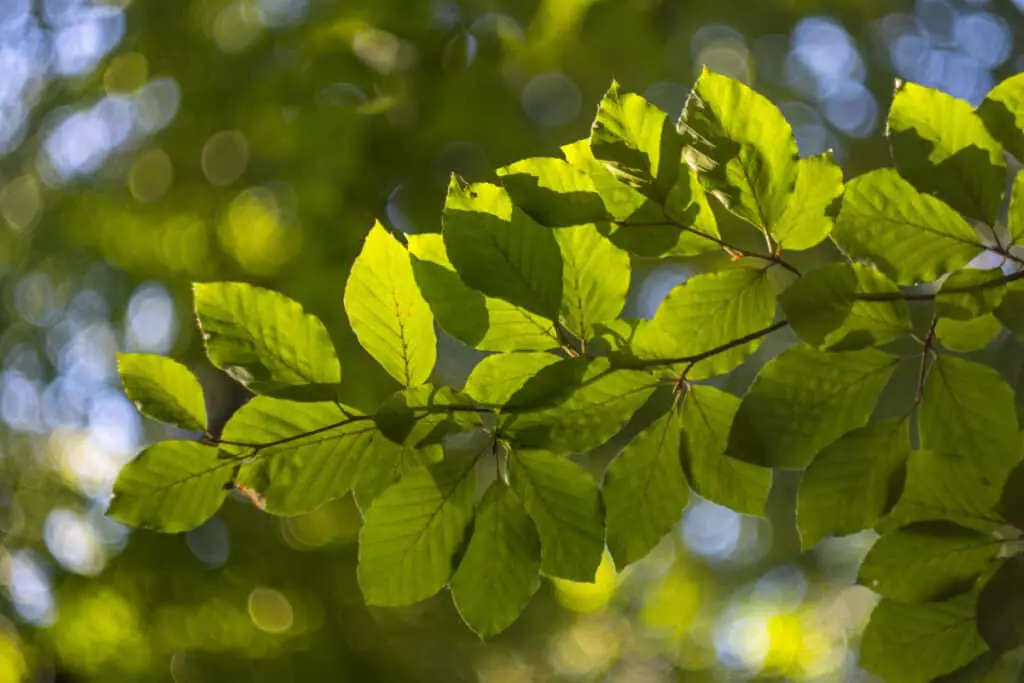
11. Kouyou (紅葉)
Yet another delicate word to describe nature, Kouyou refers to the changing leaf colors in autumn. It acknowledges their particular beauty, brilliance, and tone.
But, it’s more than simply noticing the beauty, it’s taking in the awesomeness of the earth and its seasons.
12. Kuukiwoyomu (空気を読む)
An important aspect of Japanese society is the ability to sense nuance, innuendo, and inference. It’s a formality in addressing, engaging, and speaking with others.
This stems from values of kindness, respect, harmony, and courtesy. Kuukiwoyomu, reflects this.
13. Majime (まじめ)
At work or school, when someone is Majime, they are a reliable, admirable, and respectable person who accomplishes tasks without causing trouble or drama.
The Japanese hold such a trait in the highest regard and one of the greatest honors someone can receive in society.

14. Mono No Aware (物の哀れ)
Mono No Aware is a phrase that means having acute gratitude for the beauty and sadness that comes when something goes away from one’s life.
It’s the concept that nothing lasts forever and acknowledging the bittersweet of that realization.
15. Moodii (ムーディー )
Pronounced the same as “moody” in English, Moodii refers to something as having a pleasant atmosphere construed as romantic or sexy.
For example, Moodii na hito is a person projecting an air of romance or sexiness. Saying this in English means someone is negative, irritable, or cranky.
16. Naiibu (ナイーブ)
In English, when people are “naïve,” they are innocent, gullible, and/or ignorant with negative overtones to the connotation.
Naiibu translates to, “naïve,” but it describes an individual with a sensitive mind, introverted personality, or shy character.
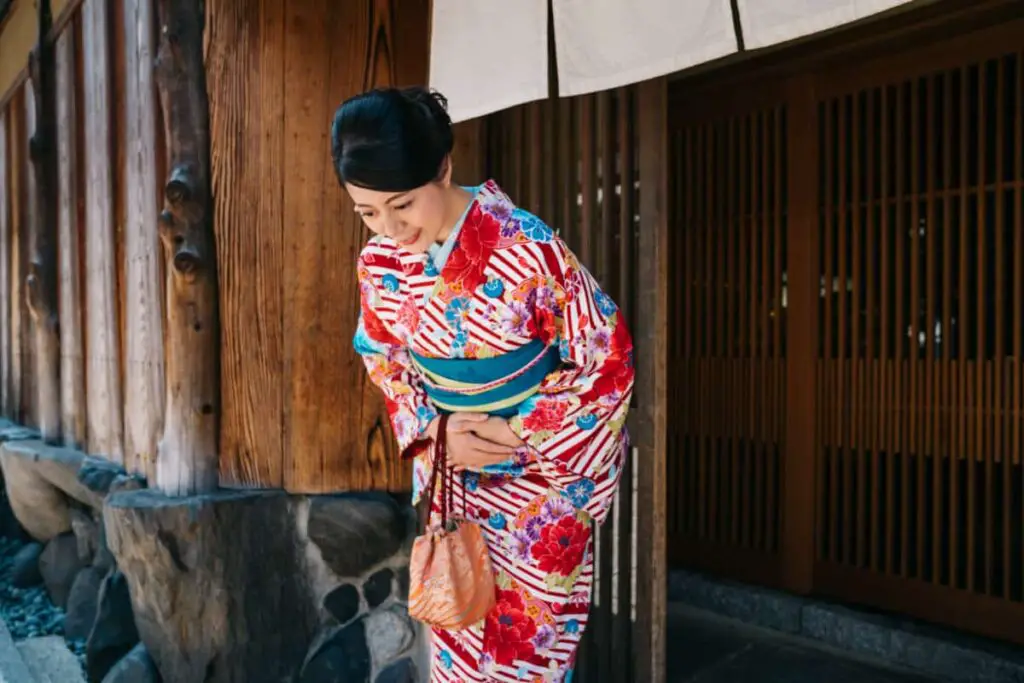
17. Ojamashimasu (お邪魔します)
When you want to convey an apology for interrupting or intruding, Ojamashimasu is a polite way to say this. It’s good for arriving late to an invitation, entering someone’s home or other such similar situation.
18. Otsukaresama (お疲れ様)
Otsukaresama is a word with a host of inferences that reference someone as “You are tired.” It’s a verb with Buddhist sentiment, tsukareru (疲れる), or, “to be tired.”
It shows a profound acknowledgment of another’s hard work but it means goodbye, hello, cheers or congratulations. For instance, if you’re leaving a restaurant after having an excellent meal, you would say, “Otsukaresama!“
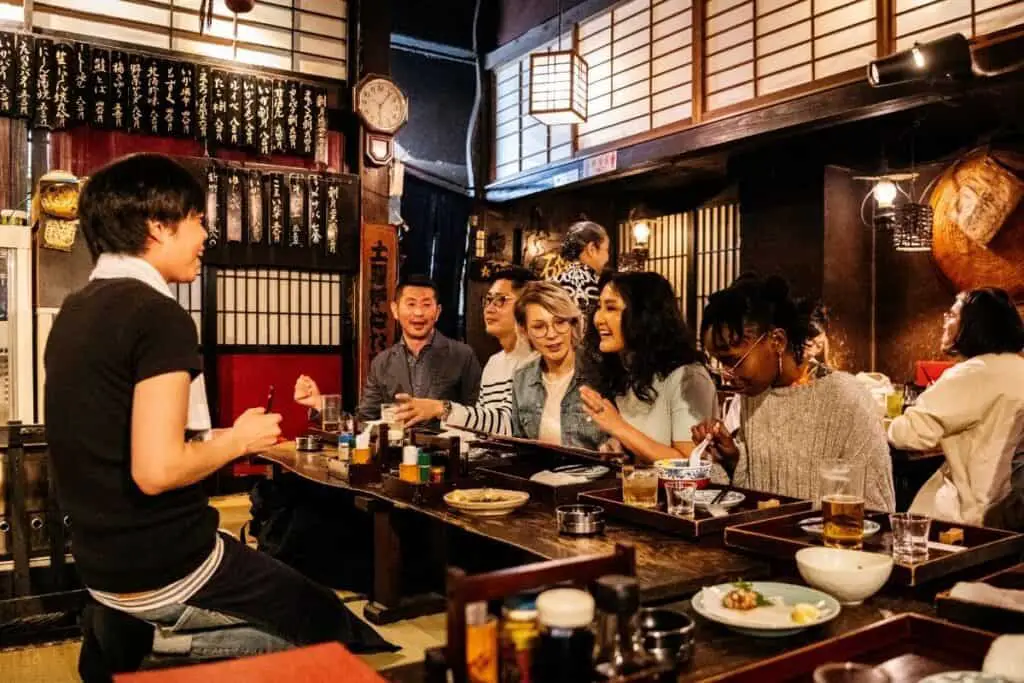
19. Shibui (シブい )
Shibui is an adjective to describe an older person. It denotes that they have a classic, good taste or that someone has come into maturity well. It refers to them in a cool or attractive and good-looking way.
20. Shouganai (しょうがない)
Shouganai is a quick way of saying “it can’t be helped, so don’t worry about it.” This is when an incident arises that’s unfortunate but outside of anyone’s control, so don’t fret over it.
It’s very similar to the English, “don’t cry over spilled milk” or the Italian, “Que sera sera” (whatever will be, will be).
21. Sugoi (すごい )
English has a host of words to express elation. These include things like “eureka,” “wow,” “fantastic,” “marvelous,” “stupendous” and “amazing,” among many others.
But, Sugoi is a Japanese word that encompasses all these English words simultaneously.
22. Tsundoku (積ん読)
Every book lover has had a Tsundoku moment. It’s when you buy a book you’re excited to read but never get around to opening. If you do, it’s at a much later time than when you purchased it.
23. Wabi-Sabi (わびさび)
Wabi-sabi has a deep connection to Buddhist philosophy that means, “the imperfect is perfection.” However, there is a more philosophical idea that life is fleeting and imperfect and, because of that, it is beautiful, perfect, and eternal.
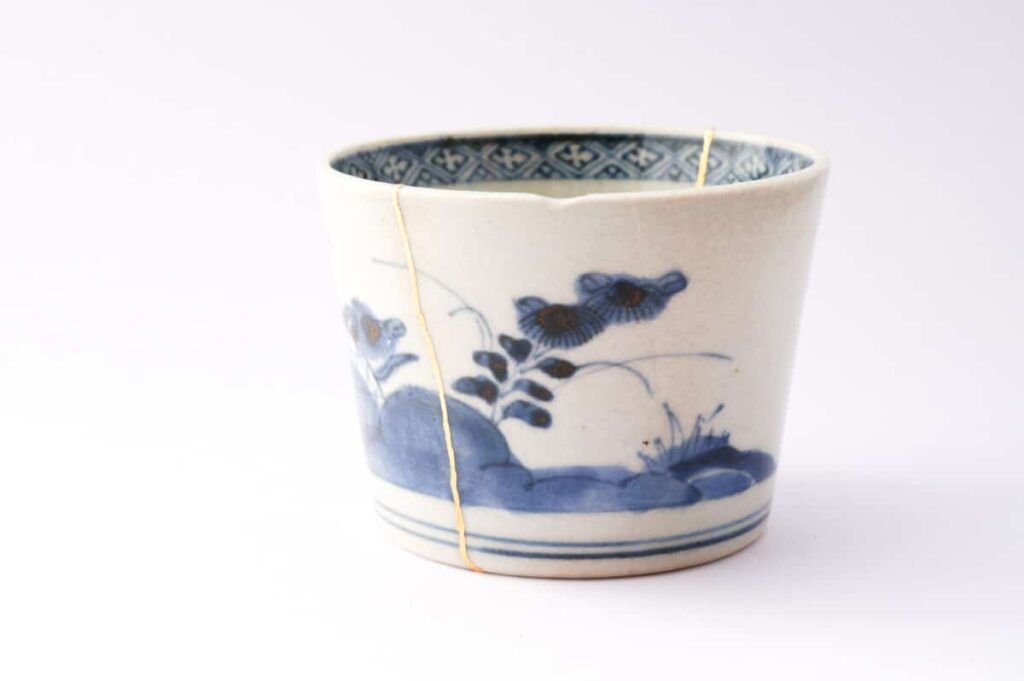
24. Yoroshiku Onegaishimasu (よろしくお願いします)
The Japanese value respectful, polite greetings. Yoroshiku Onegaishimasu is a formal way to convey this.
It’s similar to “it’s nice to meet you” but that isn’t its full breadth. It also relays thanks or gratitude and is appropriate for closing an email, in the same way as “regards” or “sincerely.”
25. Yugen (幽玄)
Yugen is a concept of aesthetics and reflects a deep awareness of the universe involving a profound understanding of its beauty and mystery in relation to human suffering.
This evokes an indescribable emotion as one realizes their small place in the vastness of the universe cruising through time and space.
Learn Japanese Perfectly With JapanesePod101.com











